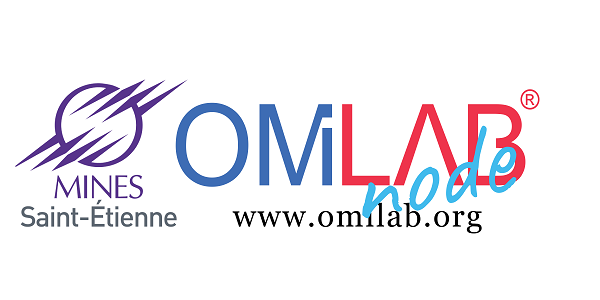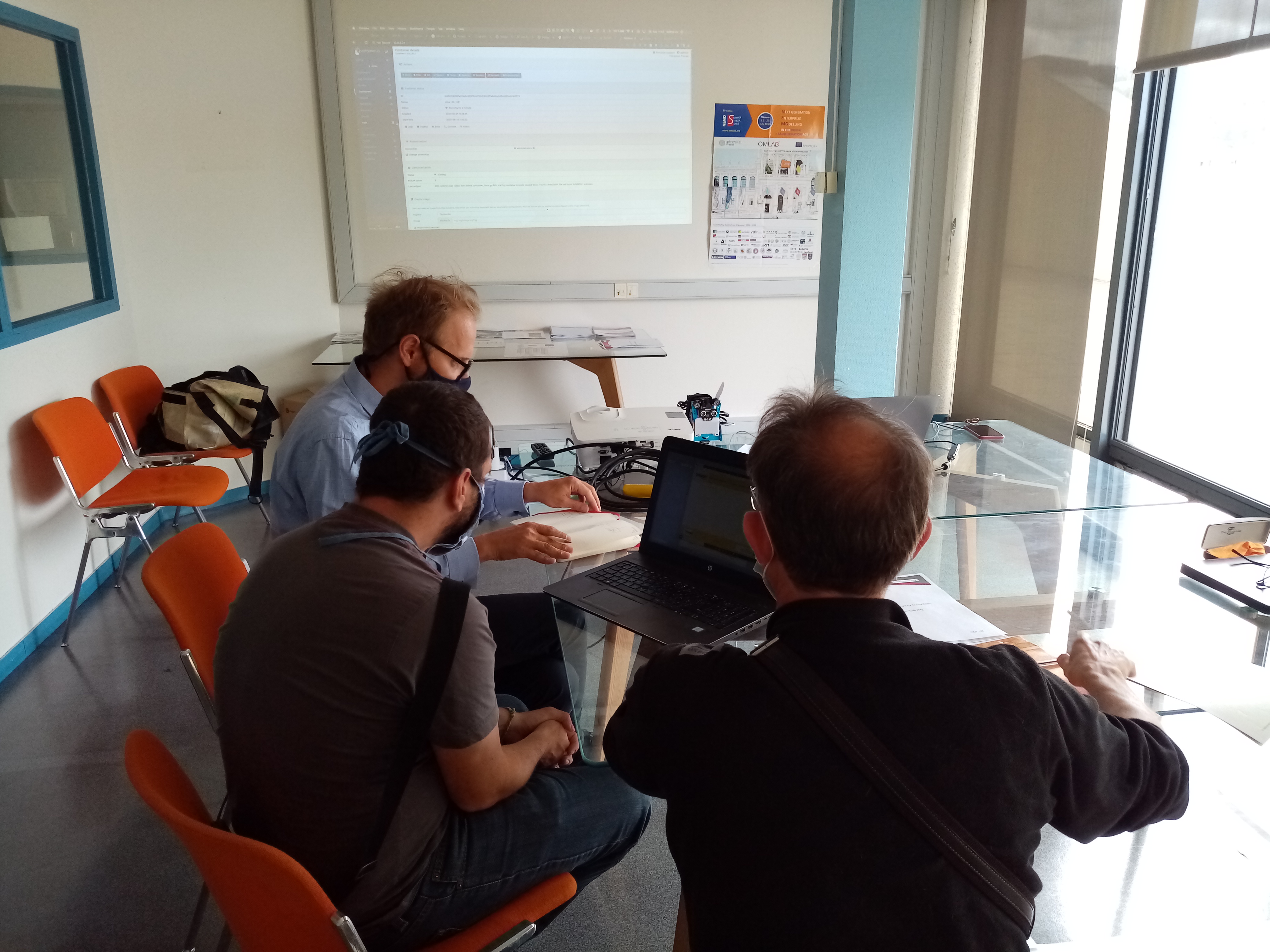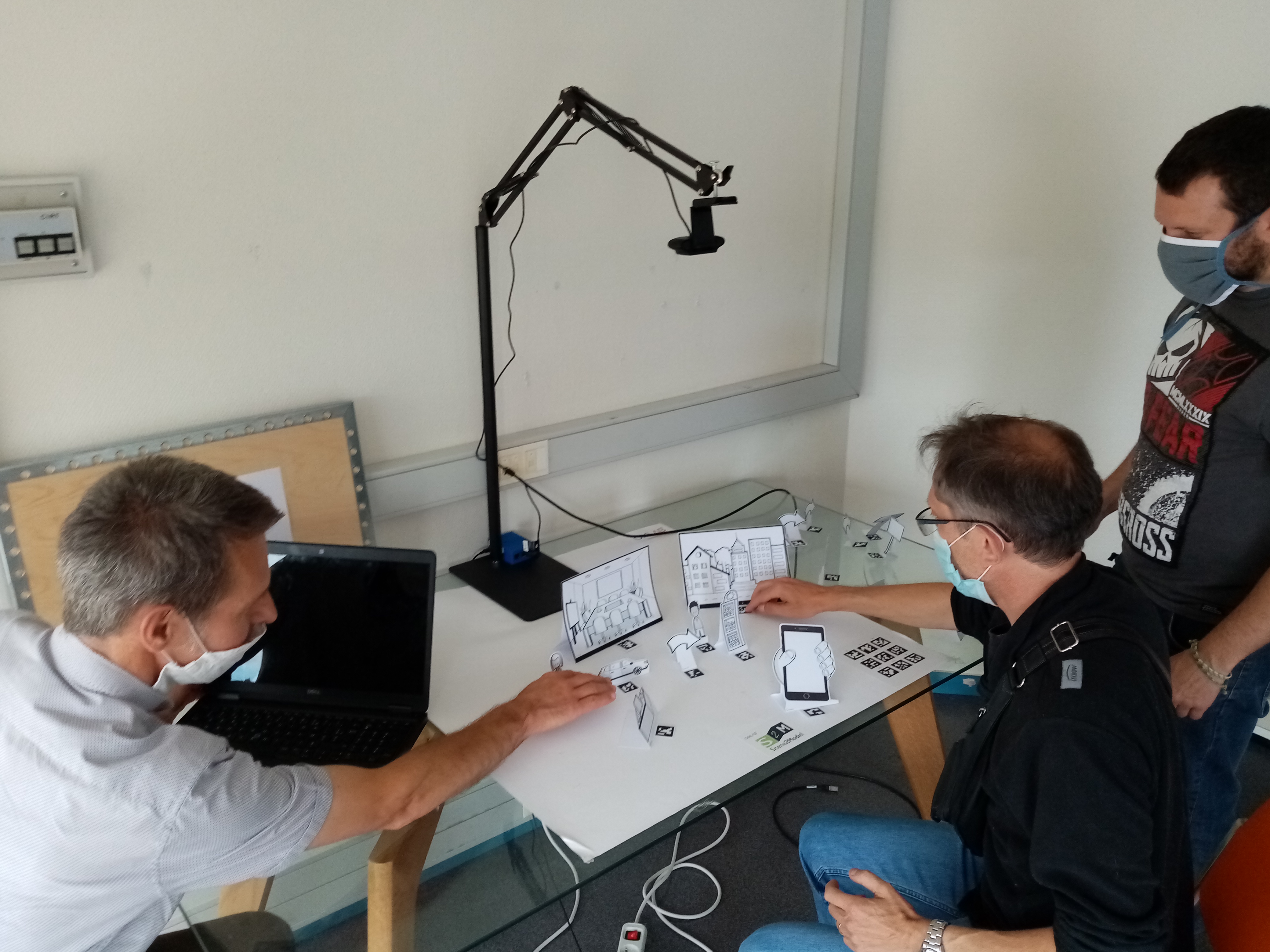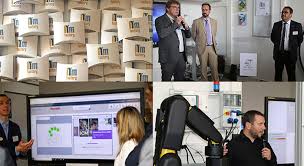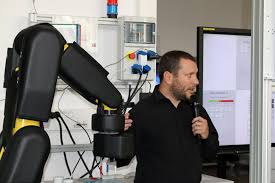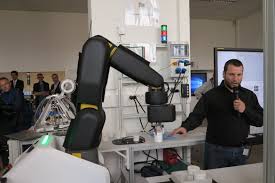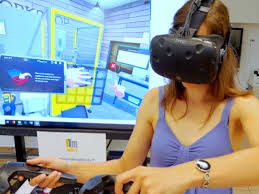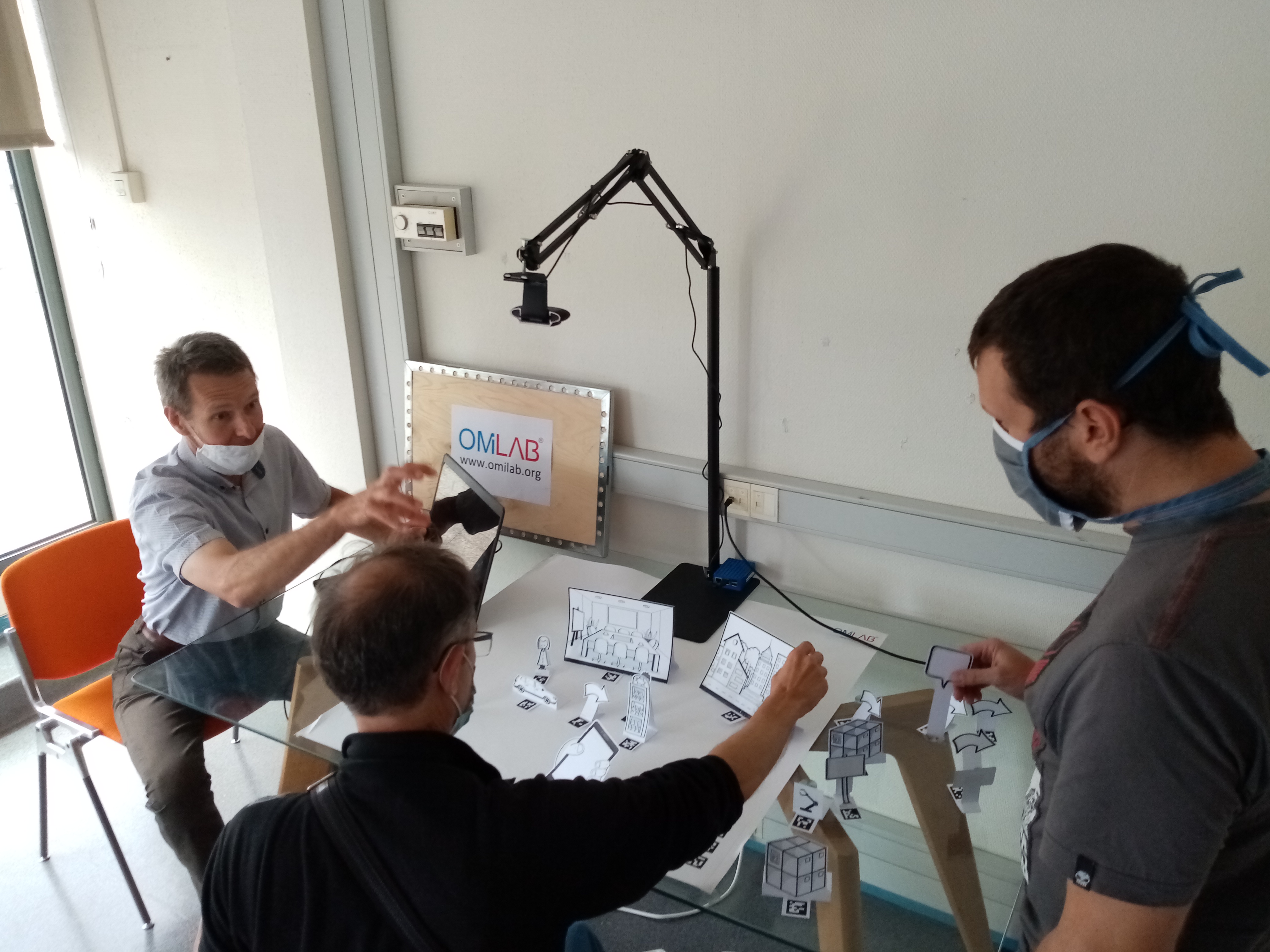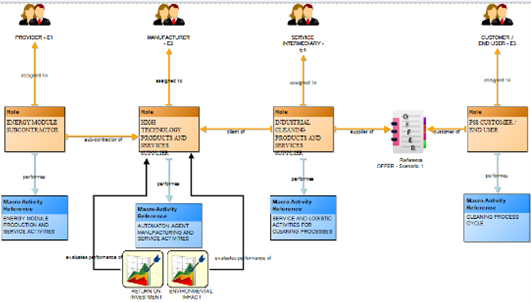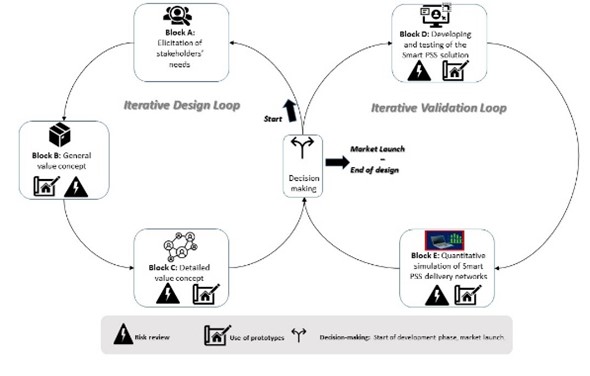Impressions
Have a virtual look at the OMiLAB!
Results
Get an overview what this OMiLAB has accomplised! Selected results are presented below as a contribution to the global community:
All further results of the OMiLAB Node are via the organizer.
Activities
The following, selected activities are organized by the OMiLAB.
IT'mFactory
IT’mFactory is a platform dedicated to Industry of the Future, opening opportunities for Vocational Training, master training, and Research collaboration for industrial and socio-economic actors.
DigiFoF EU Project
The DIGIFOF project proposes a network of training environments where HEIs, enterprises and training institutions come together to develop skill profiles, training concepts as well as materials for design aspects of the Factory of the Future (FoF).
NEMO Summer School
The NEMO Summer School Series focuses on addressing these challenges through modelling, both in theory and practice. How to define modeling with the ‘right’ level of abstraction and how to engineer suitable modeling tools is at the heart of the summer school. Teacher. Boucher regularly gives teaching at NEMO summershool, notably in the field of manufacturing systems and Smart Product Service Systems.
Teachings
Academic teaching using OMILAB are delivered in several Master curriculae at Mines Saint-Etienne, linked to industrial engineering and management or industry of the future. The following topics are covered:
- - Process Modeling and Simulation
- - Business Process Management
- - Design of Product Service Systems
- - Metamodeling methodologies
For any information, please contact the team.
For industrial decision-makers, Innovation Session and Vocational Training Modules are available in the following fields: Transition towards Service Strategies, Transformation of Business Models, Design Thinking Sessions, Business Process Management. For any information, please contact the team.
Resources
The following cyber-physical resources are available at the OMILAB node:
Dobot Magician
The Dobot Magician demonstrates sorting and collaborative scenarios.
Makeblock mBot
This CPS is applied for smart mobility application scenarios.
Design Thinking Image capture
To support design thinking collaborative and interactive sessions.
Smart PSS design methodologies
To provide design tools for smart PSS design and engineering processes.
Publications
Relevant publications of the OMILAB node:
X. Boucher, C. Murillo Coba, D. Lamy Smart PSS modelling language for value offer prototyping: A design case study in the field of heating appliance offers. Computers in Industry 155 (2024) 104041.
https://doi.org/10.1016/j.compind.2023.104041
F.Pirola, X.Boucher, S. Wiesner, G. Pezzotta, Digital technologies in product-service systems: a literature review and a research agenda, Computers in Industry 123 (2020) 103301.
https://doi.org/10.1016/j.compind.2020.103301
K. Medini, X.Boucher, Specifying a modelling language for PSS Engineering – A development method and an operational tool, Computer in industry, Volume 108, June 2019, Pages 89-103.
https://doi.org/10.1016/j.compind.2019.02.014
Andriankaja H., Boucher X., Medini, K., Method to Design Integrated Product-Service Systems based on the Extended Functional Analysis Approach, CIRP Journal of Manufacturing Science and Technology, May 2018, Volume 21, Pages 120-139.
https://doi.org/10.1016/j.cirpj.2018.02.001
Dimitris Karagiannis, Robert Andrei Buchmann, Xavier Boucher, Sergio Cavalieri, Adrian Florea and Dimitris Kiritsis. OMiLAB: a Smart Innovation Environment for Digital Engineers, PRO-VE 2020, 21st IFIP Working Conference on Virtual Enterprises, 23-25 November 2020 – Valencia, Spain.
https://doi.org/10.1007/978-3-030-62412-5_23
Camilo Murillo Coba, Xavier Boucher, François Vuillaume, Alexandre Gay, Jesus Gonzalez-Feliu, Value Proposition in Smart PSS Engineering: Case Study in the Residential Heating Appliance Industry, PRO-VE 2020, 21st IFIP Working Conference on Virtual Enterprises, 23-25 November 2020 – Valencia, Spain.
https://doi.org/10.1007/978-3-030-62412-5_35
Boucher X., Murillo-Coba C., Medini K., Framework to model PSS collaborative value networks and assess uncertainty of their economic models, PRO-VE 2019, 20th IFIP Working Conference on Virtual Enterprises, 23-25 September 2019 – Turin, Italy
https://doi.org/10.1007/978-3-030-28464-0_47
Nawfal Idrissi, Xavier Boucher, Khaled Medini. Generic conceptual model to support PSS design processes. Proceedings of IPSS 2017, 9th CIRP IPSS Conference : Circular Perspectives on Product/Service-Systems., 19-21 June 2017, Copenhagen, Denmark.
https://doi.org/10.1016/j.procir.2017.03.055
Xavier Boucher, Khaled Medini. Towards a generic meta-model for PSS scenarios modelling and analysis. in Proceedings of IPSS 2016, 8th CIRP IPSS Conference, 20-21 June 2016, Bergamo (Italy).
https://doi.org/10.1016/j.procir.2016.03.038
X.Boucher, K. Medini, H.G. Fill, “Product-Service-System Modelling Method”, Book Chapter, in Domain-Specific Conceptual Modelling: Concepts, Methods and Tools, Edts Dimitris Karagiannis, Heinrich C. Mayr, John Mylopoulos, Springer Edition, 2016, ISBN 978-3-319-39416-9.
https://doi.org/10.1007/978-3-319-39417-6_21
